World Sleep Day 2024: 27 sleep tips you need to try for the best night’s sleep
T3’s favourite tips for a good night’s sleep, including wearing socks in bed and eating cherries

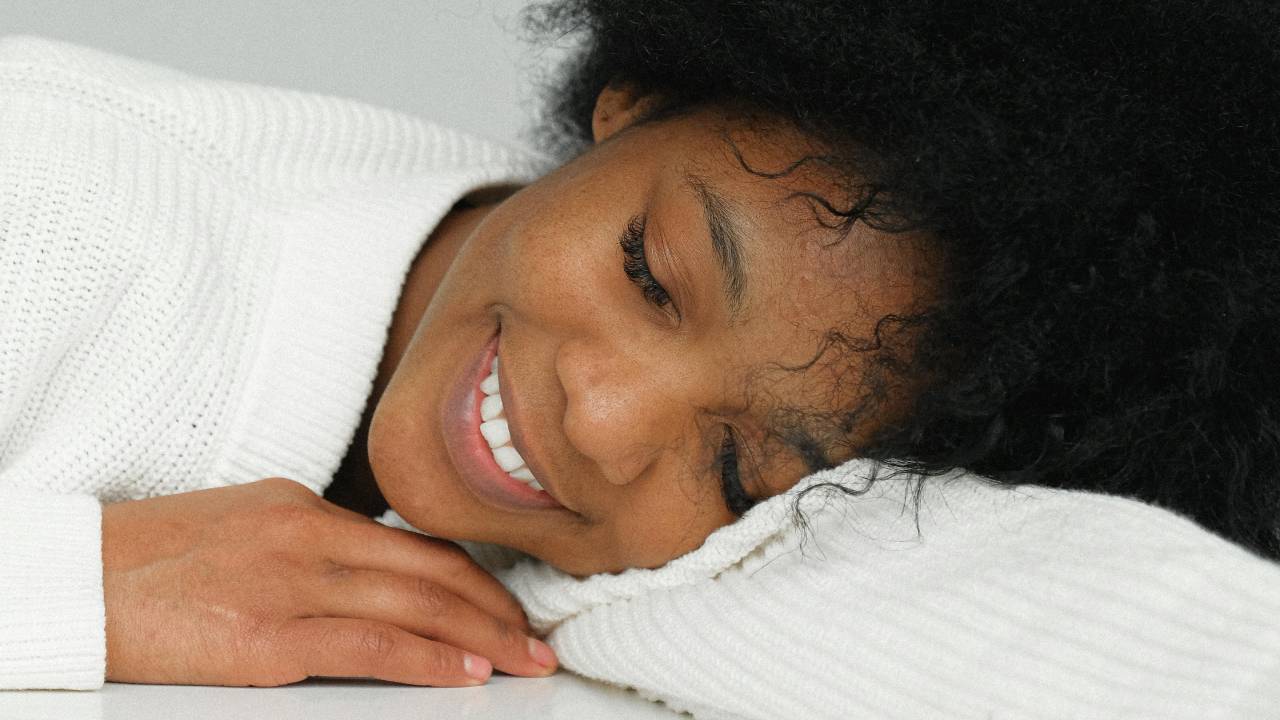
It’s World Sleep Day 2024, an annual event that celebrates and raises awareness on the importance of sleep. Whether you find it hard to fall asleep or you’re an easy dreamer, there are always ways to improve your sleep so your body and mind gets the rest and relaxation it needs.
As a self-proclaimed sleep expert, I’ve covered sleep and wellness on T3 for years. For this year’s World Sleep Day, I’ve compiled the top sleep tips that are actually effective, having tried just about every tip in this list myself.
From wearing socks in bed and eating cherries to understanding your sleep chronotype and setting the right environment, here are the best 27 sleep tips you need to try for a good night’s sleep.
1. Choose the best mattress for your sleep style
To achieve the best night’s sleep, it’s important to have the best mattress for the job. Choosing the right mattress is unique to you, but here are a few questions to ask yourself when buying a mattress. Do I prefer the feeling of springs, the moulding sensation of memory foam or a bit of both? Do I get overly sweaty during the night? Do I toss and turn a lot to get comfortable? Does my partners’ movement wake me up easily? By answering these questions, you can narrow down your choices to find the perfect mattress.
2. Sleep on your back or side – not your stomach!
To avoid any aches and pains while sleeping, you need to adopt the right sleep position. The best postures for sleep include sleeping on your side with your hips and shoulders stacked to keep the spine aligned, or sleeping on your back. The worst sleep posture is on your stomach as you’re twisting and putting too much pressure on your neck.
3. Support your head with a comfy pillow
If you haven’t got the right pillow, your neck and upper back will feel stiff and sore after a night’s sleep. That’s why you need to support your head with the best pillow. Things to look out for when buying a pillow is firmness, material and support, as you want to keep your head in a neutral position so your neck and spine stay aligned while you sleep.
4. Make sure your duvet isn’t too hot or cold
Being too hot or too cold is sure to keep you up at night, so you need to make sure the best duvet can support you throughout the seasons. To do this, you can buy two duvets, one that has a higher tog rating for the colder seasons and one with a lower tog rating that’s suited to the summer months. Alternatively, you can find an adjustable duvet where you can combine two duvets in one and use them separately as you see fit.
Get all the latest news, reviews, deals and buying guides on gorgeous tech, home and active products from the T3 experts
5. Set the right sleep environment
One of the key rules for good sleep hygiene is setting the right sleep environment. Make your bedroom as relaxing as possible by tidying your room, closing the blinds, choosing comfortable bedding, wearing cosy pyjamas or a sleep mask, and keeping your space free from work and other stresses.
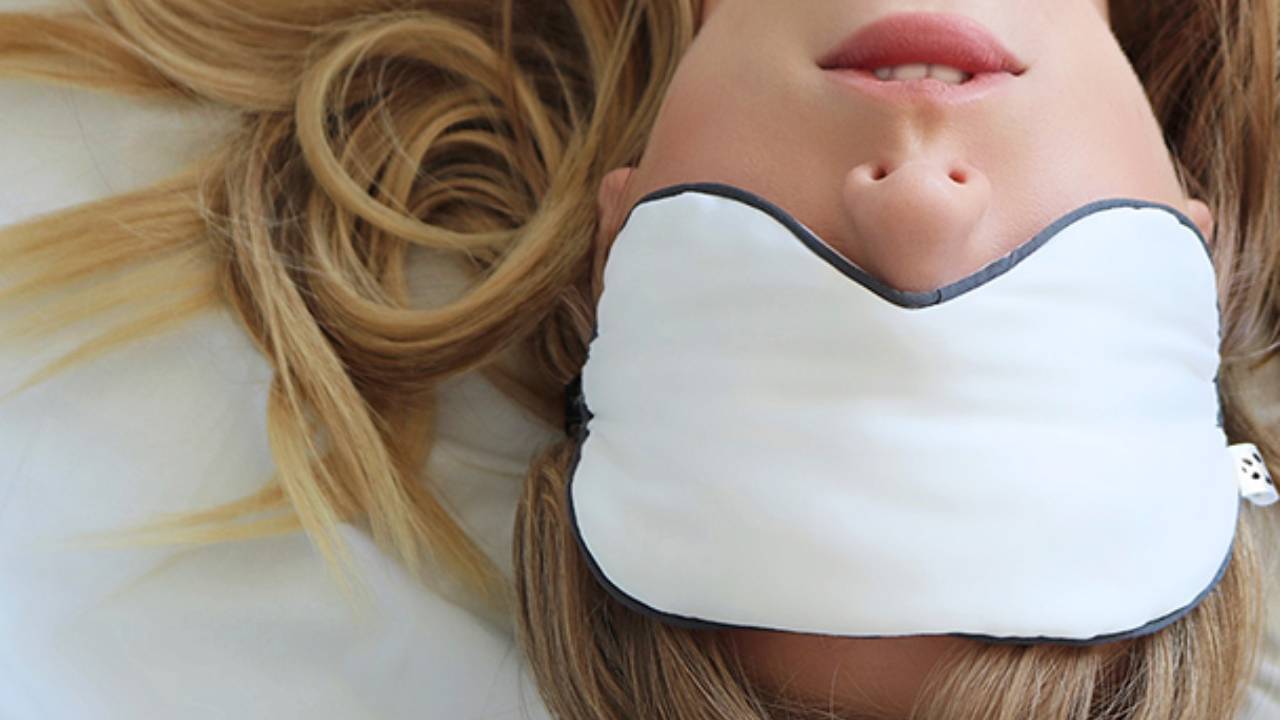
6. Adjust your bedroom’s temperature
Another thing to consider when setting your sleep environment is your room’s temperature. Your body temperature naturally drops when it’s time to go to sleep, and indicates to your brain that it’s time to rest. With this in mind, you can cater to this by setting your smart thermostat to drop slightly as you get closer to bedtime. If you’re an overheater, you can use a mattress cooling pad or a smart mattress that adapts to your body heat.
7. Wear socks to bed – yes, really!
This might seem controversial, but wearing socks to bed has many benefits, including improving your circulation, pampering your skin and helping you fall asleep faster by regulating your temperature. See the 5 reasons you should sleep with your socks on for more.
8. Try the military sleep method
One of the most popular sleep hacks is the military sleep method… and it really works! Used by soldiers, the military sleep hack involves relaxing your body from head to toe before picturing a soothing scenario. This hack is said to help you fall asleep in just two minutes, so it’s worth a try if you’re lying awake!
9. Understand your sleep chronotype
A sleep chronotype is a natural behaviour that determines how you sleep during a 24-hour period, by regulating your sleep schedule, appetite and body temperature. Understanding your chronotype can help you sleep better as you’re more in tune to your body’s needs. There are four sleep chronotypes – bear, lion, wolf and dolphin – and you can find yours by taking a test, like the Emma chronotype quiz.
10. Avoid caffeine and alcohol before bed
Caffeine and alcohol are both stimulants, so if you have a cup of joe or a beer before bed, you could seriously disrupt your sleep. It’s recommended to stop drinking coffee six hours before you want to go to sleep, as this gives enough time for the caffeine to stop having an effect on you. Alcohol can cause you to wake up more frequently and feel worse the next day, so that should be avoided a few hours before bed, too.
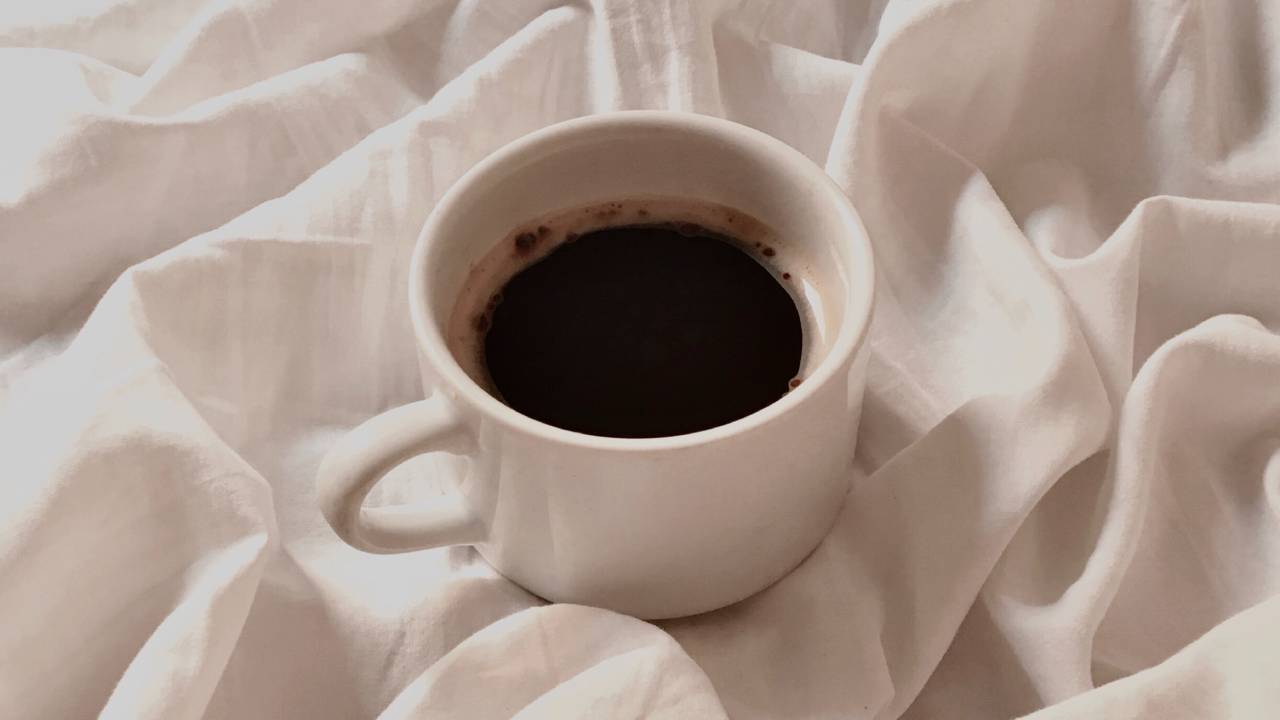
11. Stay hydrated
During sleep, we go without water for several hours so it’s important to stay hydrated by drinking water before bed. Be careful of the amount so you’re not getting up constantly in the night, but being hydrated throughout the day and before bed helps prevent dehydration and regulates temperature.
12. Eat or drink tart cherries
Tart cherries are one of the best foods to eat for sleep. They’re high in melatonin which supports your circadian rhythm and encourages you to go to sleep by making you feel sleepier. Cherries have also been found to improve the quality and quantity of your sleep. If you don’t like eating before bed, try the Sleepy Girl mocktail, which has tart cherry juice as one of the main ingredients.
13. Have your last meal two hours before bed
Eating late at night can affect your sleep, as being too full or eating the wrong food can give you indigestion and acid reflux. As your body is working to digest your food, it can prevent you from falling asleep easily. Try to have your last meal at least two hours before bed to help with the digestion process.
14. Make a nighttime brew
Having a warming cup of tea before bed can help you relax and unwind. Incorporating it into your nighttime routine will also tell your brain that it’s time to get ready for bed, as you become used to the habit. There are many teas that help you sleep and reduce anxiety, but chamomile and peppermint teas are particular favourites.
15. Avoid blue light
Light plays a big part in our sleep and wake cycles, but artificial blue light can have a negative effect when consumed before bed. Blue light is emitted from phones, tablets and laptops, and because the eyes can’t effectively filter out this light, it can keep you awake for longer by telling the brain that it’s time to be awake. To avoid staying up too late trying to get to sleep, keep your late night scrolling to a minimum.
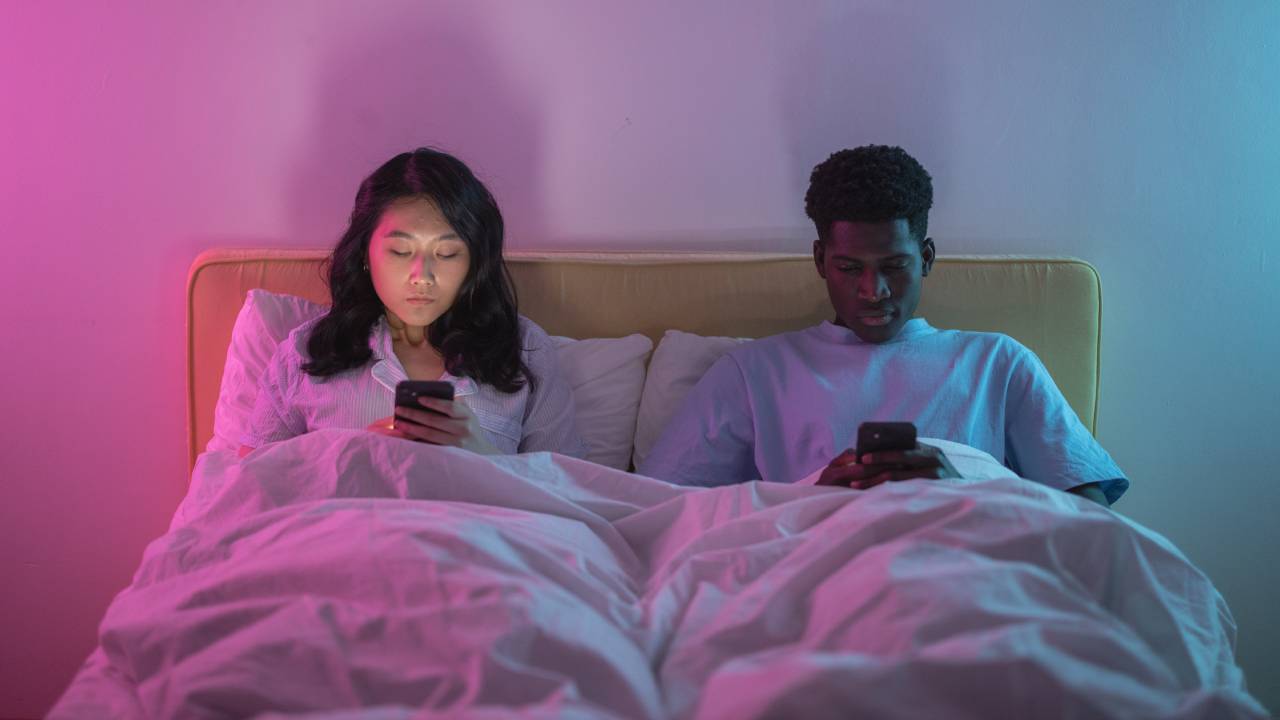
16. Read a book before bed
Instead of playing on your phone, try reading a book before bed instead! Reading is the perfect form of escapism and studies have shown that people who read before bed sleep better and wake up less often than people who don’t.
17. Practice breathing exercises
An easy way to help you fall asleep quicker and calm anxiety is practising breathing techniques. The 4-7-8 breathing trick is my personal favourite. You breathe in for four counts, hold for seven counts and exhale for eight counts. Focusing on your breathing helps calm the nerves, clear the mind and relax the body.
18. Exercise regularly – but not too close to bedtime
Regular exercise keeps you fit and strong, and has a positive effect on your sleep. But just like eating too close to bed, exercising before bed can keep you awake, as your heart rate, blood pressure and temperature is high from exercise when it should be low for sleep. Leave two - three hours between exercising and sleep to avoid any disruptions.
19. Air your duvet with the Scandinavian sleep hack
To revitalise your duvet and keep your bedding fresh, take a leaf out of the Scandinavians book and air your duvet outside. Doing this makes your bedding fresh and airy and restores its fluffiness, keeping it in top condition and helping with your temperature regulation.
20. Introduce calming scents to your bedroom
To help you wind down before bed, introduce a calming scent to your room with the best essential oils. By using a diffuser or adding a few drops to your pillow, the right scent, like lavender, can help you relax and fall asleep.
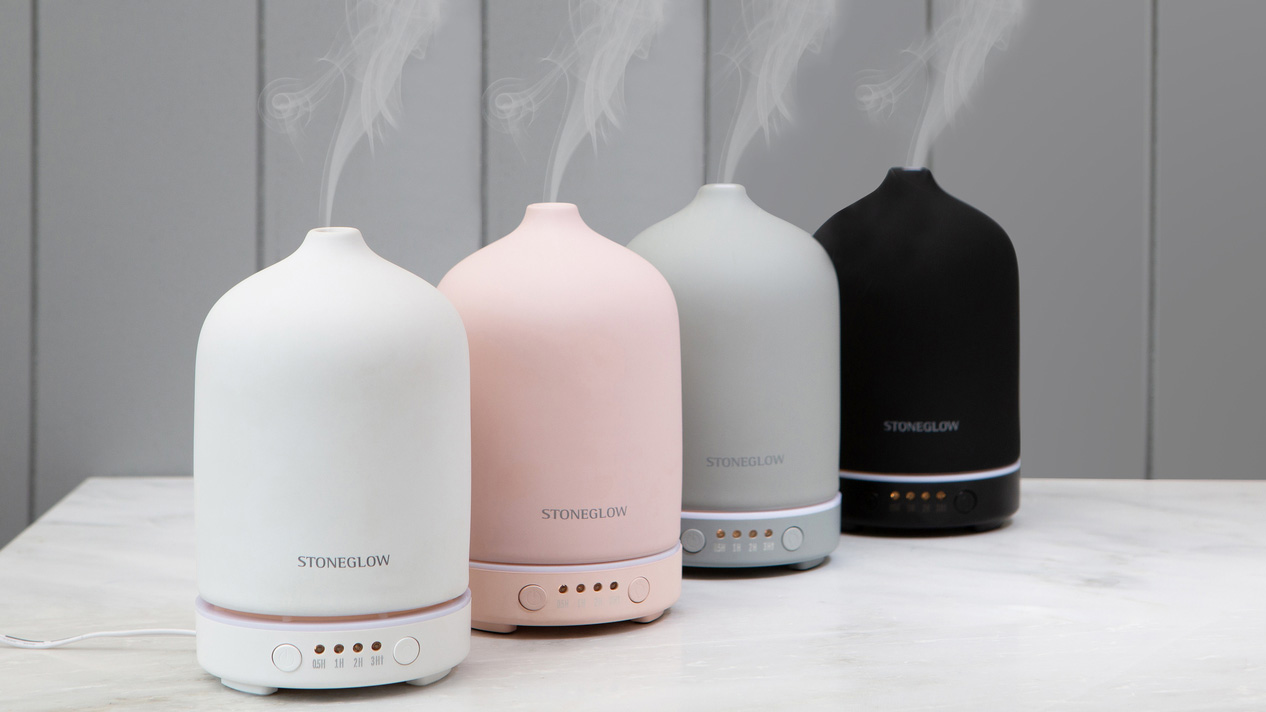
21. Listen to the rain
White noise, ASMR and other sleep noises have been proven to help people fall asleep quicker. When I can’t get to sleep, my favourite thing to do is listen to the sound of the rain or the ocean, either by wearing the best sleep headphones or using a sound machine like the Groov-e Serenity.
22. Shower before bed
Showering or having a bath before bed is an easy way to improve your sleep, reduce anxiety and restore your muscles. The warm water helps aid the natural temperature regulation process, and can relax the body and open the airways if you’re feeling sick.
23. Stretch it out
Stretching before bed helps your body release the stress from the day. Most people sit at a desk all day, which can leave your back looking hunched and your neck feeling sore. Taking this feeling of discomfort to bed with you makes you feel worse in the morning, so try this 20 minute yoga flow before bed to give your body some TLC.
24. Get fresh air during the day
Fresh air is beneficial in so many ways. The light, clear air and getting into nature can increase your energy levels and boost your mood. Light also indicates to your brain that it’s time to be awake so getting fresh air throughout the day can help with your performance. Similarly, you’re likely to feel more tired after this fresh air which can help you fall asleep quicker.
25. Try a sleep tracker
If you want to better understand your sleep, try the best sleep tracker. Whether you choose a wearable for your wrist or finger, or a tracking pad that lies under your sheets, this tracking technology monitors your sleep patterns, records data and gives you insights and suggestions on what to improve for a better night’s sleep.
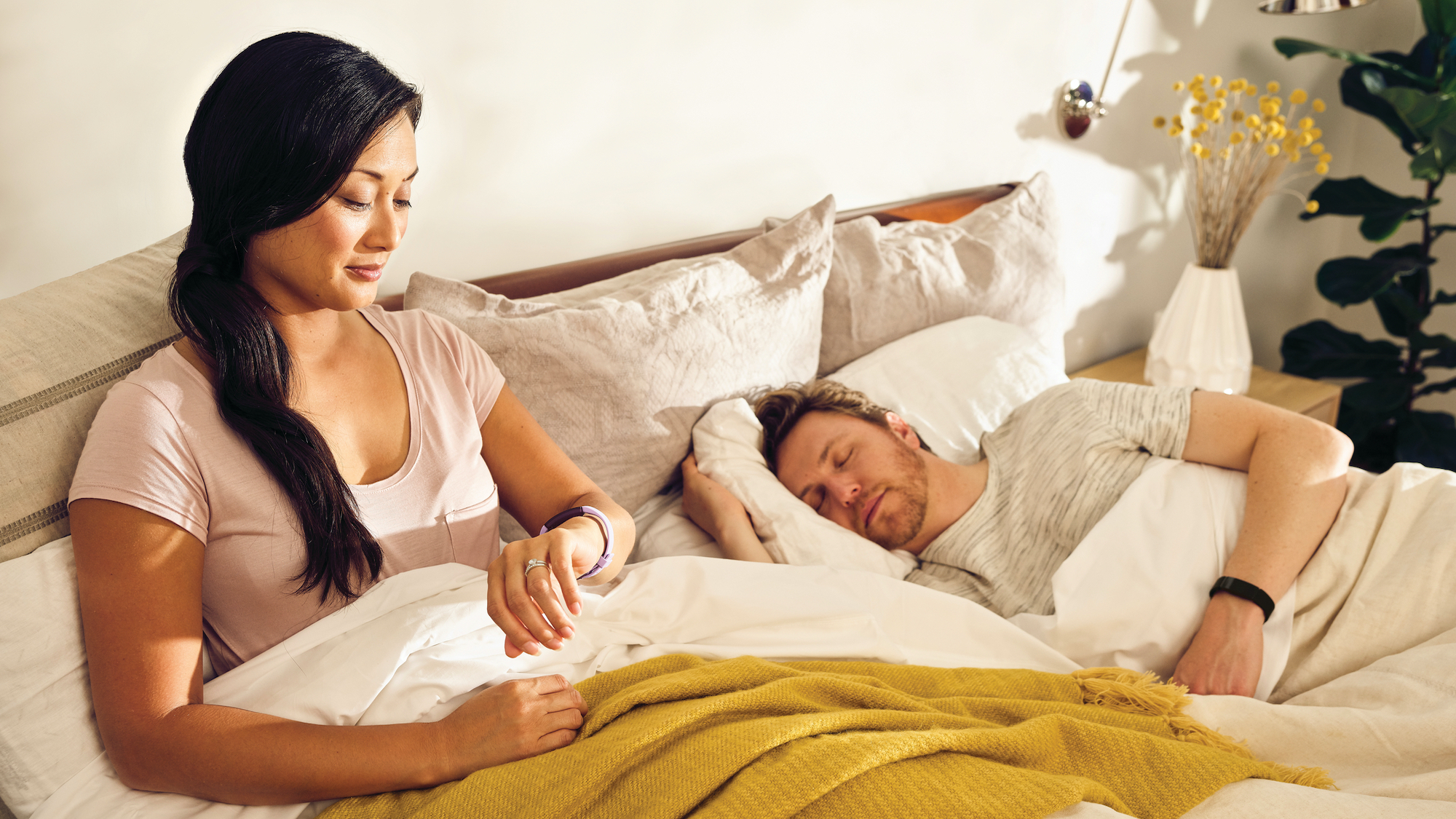
26. Use a wake-up light rather than an alarm
The aggressive and loud sound of an alarm is the worst start to the day, as it jerks and scares you out of sleep. Avoid this and wake up more peacefully with the best wake-up light, which brightens gradually to mimic the natural rising of the sun. As it does this, you’ll wake up from sleep more gently and you won’t be as shocked or disturbed.
27. Ditch the lie-ins!
It’s important to go to sleep and wake up at the same time every day, including weekends. According to The Sleep Scientist, if you're getting enough high quality sleep in the week, you should ditch the lie-ins on the weekend so you don’t disrupt your circadian rhythm or feel like you have to get back on track with your sleep as a new week approaches.

Beth is Home Editor for T3, looking after style, living and wellness. From the comfiest mattresses to strange things you can cook in an air fryer, Beth covers sleep, smart home, coffee machines, watches, grooming tools, fragrances, gardening and more.
In her spare time, Beth enjoys running, reading, baking and attempting craft projects that will probably end in disaster!